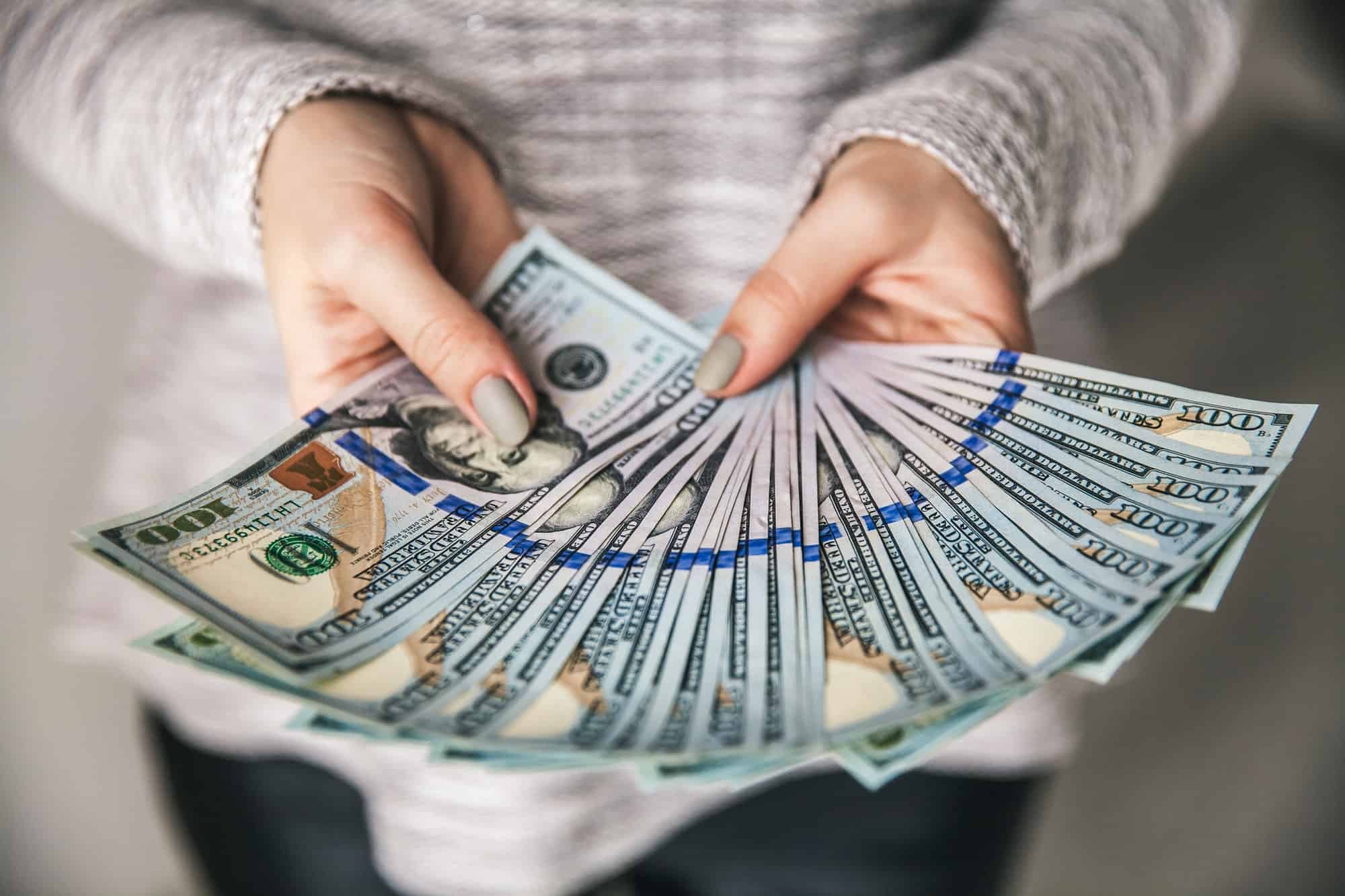Good money after bad…this is perhaps the most apropos description of the current proposal to bail out the big three US automakers. Have we learned nothing? Are we again going to let fear-mongering subject us to more flawed decisioning? The lack of management and accountability for the trillion-dollar government bailout of the mortgage and finance industry has been nothing short of amazing to me. Do you sincerely believe the appointment of an “auto czar” and the submission of business plans is going to make a difference? I don’t; it’s simply more political gamesmanship, more of the same, and will result in nothing more than throwing good money after bad. In today’s post, I’ll share my thoughts on the auto bailout…
Here’s a news flash…when a business becomes insolvent there is already a provision within our legal system that affords a mechanism for protection. It’s called a Chapter 11 Bankruptcy, which oddly enough is often referred to as a “reorganization,” “restructuring,” or “workout.” I don’t know about you, but a workout or restructuring certainly has more appeal to me than another “bailout.” Filing for protection under Chapter 11, a corporation can seek temporary protection from its creditors by submitting a business plan to the court for approval, which if approved, will grant the company sufficient time to restructure itself and work its way out of a financial crisis. This is the Bankruptcy Court’s job and falls squarely within the realm of the Judicial Branch of the government. It has nothing to do with the Legislative Branch of government, and Congress should flat out abstain from such an over-reaching and improper use of their authority.
But Mike, what happens if the reorganization doesn’t work? Then the business fails and its assets are liquidated to offset the outstanding debt owed to creditors. This is how business works and the automakers should have no special rights or privileges. If they fail they fail…period end of sentence.
But Mike, what about all the workers who will lose their jobs if the automakers fail…wouldn’t this throw our country into a depression? First of all, there is no guarantee that they will fail by going through the normal channels of filing for bankruptcy. They may actually survive to be better run companies. However, even if they were to fail, it wouldn’t throw our nation into a depression. If you aggregate all the direct employees of the big three, along with all the indirect (dealers, suppliers, etc.) employees associated with the big three, it doesn’t even come close to the numbers of people employed in small businesses across the country. This wouldn’t be as tough for our country to absorb as the bursting of the dot.com bubble, or other sector rotations that have occurred historically.
So what would happen in a worst-case scenario? Three companies that failed to innovate and to sustain their competitive advantages would suffer the just consequences of poor leadership. Some people would suffer the hardship of temporary unemployment while they were recycled back into the workforce, and other new businesses would blossom as a result of new ideas and innovation aided by the law of necessity. By way of example, just look at the logging, mining, and shipping industries. They all went through their boom and bust cycle and our nation survived. We took many unskilled workers thrust into the ranks of the unemployed, retrained them, and redeployed them as better-skilled workers. This is the natural order of things, and while certainly not pleasant, it is nothing to be feared.
The moral of this story is that the free market economics of capitalism works best if left alone. Those companies that do the right things prosper, and those companies who don’t keep pace with the competitive forces in the market fail. It’s not a bad thing, it is an unfortunate thing, but it is what it is…







